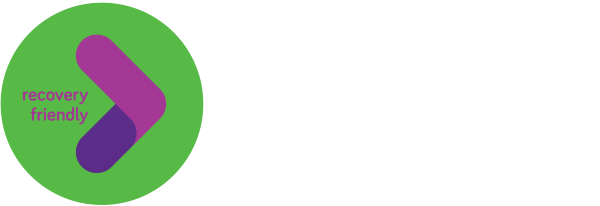University of Missouri Extension Community Health Engagement and Outreach (CHEO) is working statewide to offer two courses to community members.
The Brain and the Disease of Addiction
This course helps people to understand the impact addiction can play on a person’s life. It gives an overview of the effects of substances like drugs and alcohol on the brain and how addiction can develop over 6 short sessions. Participants also learn how the brain can reroute neurons and heal through recovery.
Who it’s for:
People who are interested in getting involved with SUD prevention in their communities or people who have a brief understanding but want to learn more about addiction are encouraged to take this course.
CHEO’s Rachel Brown has been offering this course to her local Worth County Prevention Coalition. She was able to teach the first two sessions in about 15 minutes after a regular meeting.
“This course creates opportunities to better understand substance use disorder as a disease and in Worth County where I taught the course learning more about this topic created space to have conversations about substance use disorder and the stigma surrounding it.”
How it works: This course can be offered one session at a time during regular meetings, like coalition meetings, or all in one setting. Both virtual and in person options are available.
Layperson Naloxone (Narcan) Administration
Naloxone, also known as Narcan, is a life-saving drug that reverses the effects of an overdose. If administered to someone who is not experiencing an overdose, this drug product does not harm someone. With overdose rates being higher than ever in our state, and overdose being the leading cause of death in people ages 25 -44, it’s imperative to help laypeople learn to recognize and learn how to respond to an overdose.
Who it’s for:
This one-hour course is designed for all community members with a goal of aiding people in recognizing the signs of overdose and educating on how to respond to an opioid overdose using Naloxone administration.
Reach out if you’d like to learn more or schedule a course with a community of yours.

